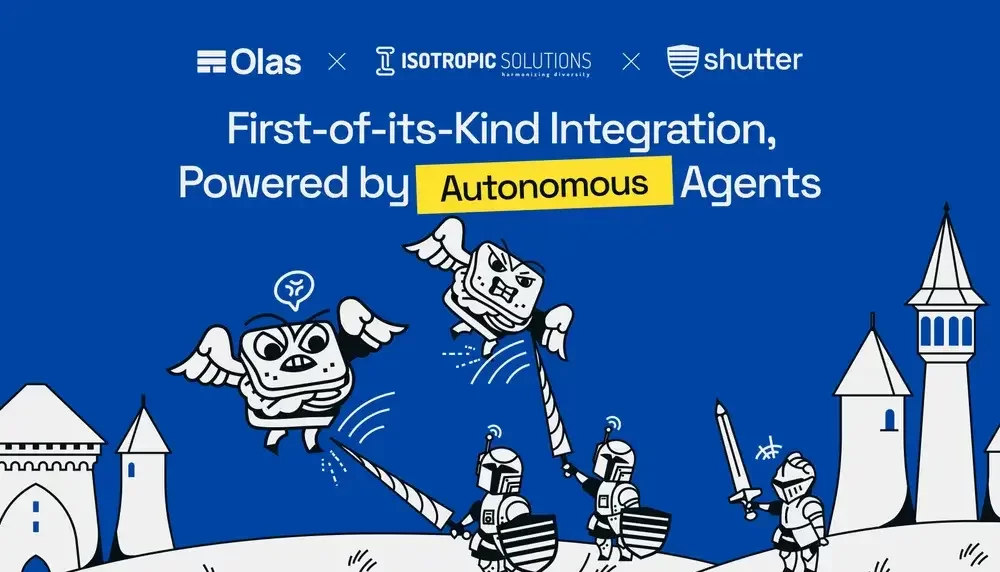As organizations continue to embark on their digital-first initiatives, one major obstacle they face is the skills gap that hinders their progress. To navigate this challenge, many enterprises are turning to containerization and Kubernetes environments for workload modernization and operational scalability. However, the complexity and expertise required to operate Kubernetes at scale is often underestimated. This is where generative AI technologies, such as large language models (LLMs) like ChatGPT, can make a significant impact.
LLMs like ChatGPT have the potential to democratize learning and bridge the skills gap when it comes to Kubernetes and containerization. By leveraging AI for educational purposes, we can expect a paradigm shift in domain-specific learning, covering all aspects of Kubernetes, from application development to operations. This transformation promises to equip more individuals with the necessary skills to effectively handle Kubernetes, thus reducing the skills gap that organizations face.
Kubernetes is more than just a technology platform; it is a state of mind. It empowers organizations to focus on their core business challenges by relieving them of infrastructure management. DevOps teams can dedicate their time and energy to developing new capabilities for applications, rather than being burdened by operational tasks. Well-known companies like Spotify and Uber have exemplified how a small, highly skilled group of DevOps professionals can efficiently scale operations to serve millions of users.
With the integration of AI technologies, the advantages of Kubernetes can be amplified even further. Natural language will become the new human-computer interface, making interactions with cloud-native applications and scaling operations more intuitive. Automation will permeate every aspect of the Kubernetes toolset, providing a significant boost in productivity. Additionally, the synthesis of information from vast volumes of data will enable organizations to harness the value generated within their customer and partner ecosystems.
When it comes to security for containers and Kubernetes, there are various strategies and solutions available to measure, analyze, and prevent threats and vulnerabilities throughout the DevOps process. Agile teams can proactively monitor, safeguard, and counteract attacks, vulnerabilities, and misconfigurations. Critical tasks include reviewing and protecting pods, container clusters, container runtime, authorization policies, addressing container security issues, ensuring secure deployment and migration, and fortifying continuous integration and continuous delivery workflows.
Developing a robust container security strategy is crucial, and the book “Security for Containers and Kubernetes” provides a framework to guide organizations in strengthening the overall security of their container-based applications. The book also covers the advantages of service mesh, DevSecOps methodologies, and expert advice for mitigating misconfigurations during the implementation of containerization and Kubernetes.
With the help of Isotropic Solutions and their services, such as Cloud Hybrid Multi-Cloud Migration, Cloud Native Development, and Cloud Security Services, organizations can confidently embrace containerization and Kubernetes while ensuring the highest level of security. Isotropic Solutions offers a range of services, spanning from Data Analysis to Robotic Process Automation, providing comprehensive solutions for organizations’ diverse needs.
In conclusion, containerization and Kubernetes offer tremendous advantages for organizations looking to modernize their workloads and scale their operations. By leveraging generative AI technologies like LLMs, the skills gap that hinders progress can be overcome. With a focus on security, organizations can proactively protect their container-based applications throughout the entire DevOps process. Isotropic Solutions is a leading provider of services that can support organizations in their journey towards secure containerization and Kubernetes deployment.




